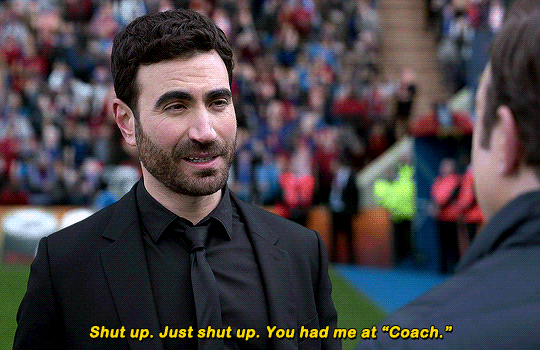"Everything's got to end sometime. Otherwise, nothing would ever get started." -- Doctor Who
In case you are just tuning into this blog and don’t know me very well, let me introduce myself: I am Jenn. I am a writer. And I am very bad at saying goodbye. I talked about this quite extensively in my post “Endings And Beginnings (Why We Hate Them, But Why They’re Necessary),” in response to some fans’ reactions about Megan Ganz’s departure from Community (this blog is primarily dedicated to reviewing that show, so check more of it out if that interests you!). What I said in that post, I stand by wholeheartedly. I am VERY bad at saying goodbye to things and people that I love. I’m trying to get better – to reconcile myself to the idea of change, of newness, etc. – but it’s a process and I’m still finding my footing. Nevertheless, as someone who is quite comfort-zoned by nature, this isn’t easy or fun for me. But I’m learning. And nothing removes you from your comfort zone quite like bidding farewell to something or someone. If you couldn’t tell by the title of this post, today I’m saying goodbye to something that’s been rather near and dear to my heart over the past few months: The Lizzie Bennet Diaries.
But rather than write an essay-length post about what the show has meant to me (trust me, I’ll delve into that quite a bit in the coming paragraphs anyway), I thought I would speak to YOU all. To the people who created the show, starred in the show, and – yes – to you all, the loyal fans and viewers of the show. Because as much as we praise and celebrate the amazingly talented people who have made The Lizzie Bennet Diaries what it is, we too are a part of the experience. And each one of us contributed something to its existence.
So if you’re ready, grab some tissues (and maybe some Snickerdoodles or tea), and bid farewell to some of the most genuinely talented and immensely humble people I have had the pleasure of watching grow over the past year.










